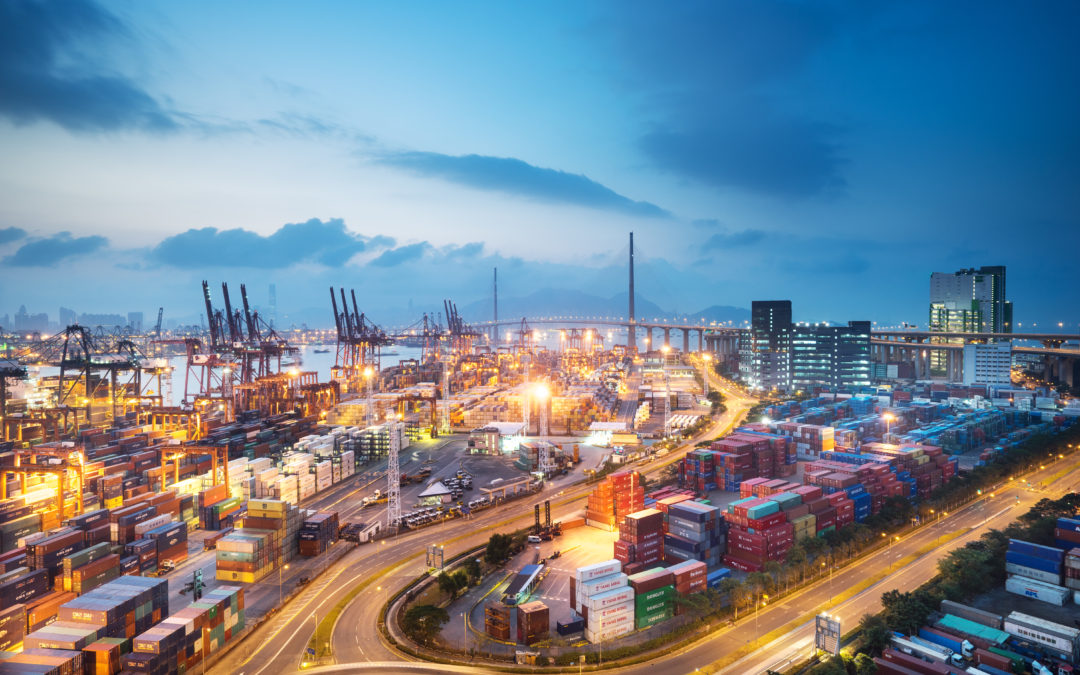Blockchain technology is poised to be the next big innovation for supply chain and manufacturing since the assembly line. The ability to move your products from their source to the customer with as little friction as possible is the ultimate goal but the global ecosystem of today has complicated the supply chain. Since each partner that touches a product has their own logging system, products can easily get lost and confusion of information is created. By adding blockchain to your supply chain you’ll be able to turn it into one of the smoothest and most efficient processes in your workflow.
Blockchain Basics
Before we get into the advantages of blockchain, let’s discuss the basics of an often-complicated technology.
What is blockchain? Blockchain is a secure and transparent technology for storing and transmitting information that also records all transactions between users starting from the time it was created. Access to the blockchain is shared among all users who verify the validity of each transaction. Blockchain has become popular in a variety of industries because it is secure, efficient, and streamlined. It becomes a single point of information and streamlines communication between all parties in a way that has never been possible before.
Blockchain Advantages
What does this mean for supply chain management? The blockchain would collect data from all parties connected in the supply chain and synchronize critical information to ensure the product is delivered at maximum capacity. Below are just some of the benefits of adding blockchain technology to your supply chain processes.
- Reduce or eliminate fraud
Since blockchain automatically blocks any tampered with information before it is entered into the system any fraudulent activity will be immediately visible. This helps to eliminate product counterfeiting. - Automate the purchase process
Automatic contracts, also known as smart contracts, can be set up so that once the conditions of the contract are met they will automatically execute their terms - Improving transaction flow
The time it takes to validate a transaction between providers and customers is drastically reduced on blockchain creating a virtually real-time management of flows and relationships. - Ensuring integral traceability
Blockchains ensure that every transaction made by users is recorded and traceable. These records of transactions are indestructible and since they need to be validated by all users they are completely tamper-proof. - Streamlining internal documentation
Since the validity of information is shared among all users of the blockchain it prevents the creation of multiple versions of the same documentation. Each party involved has the same access to the same data.
Blockchain technology is the future for supply chains. In the coming years, blockchain will be at the center of many industries helping to manage information and trust among partners and clients. Its ability to secure transactions, fight fraud, and limit errors helps to tackle many of the persistent challenges in supply chain management.

